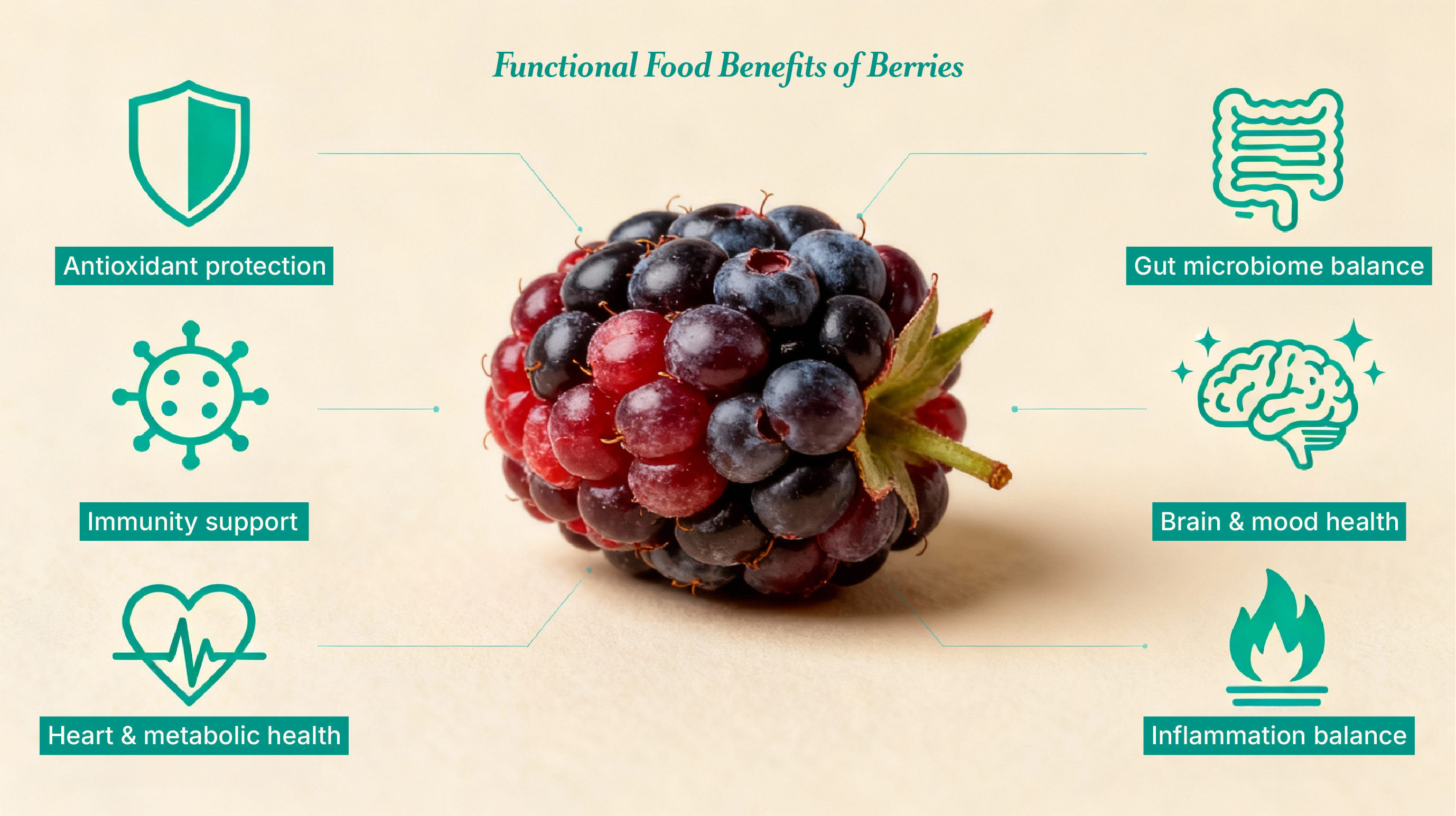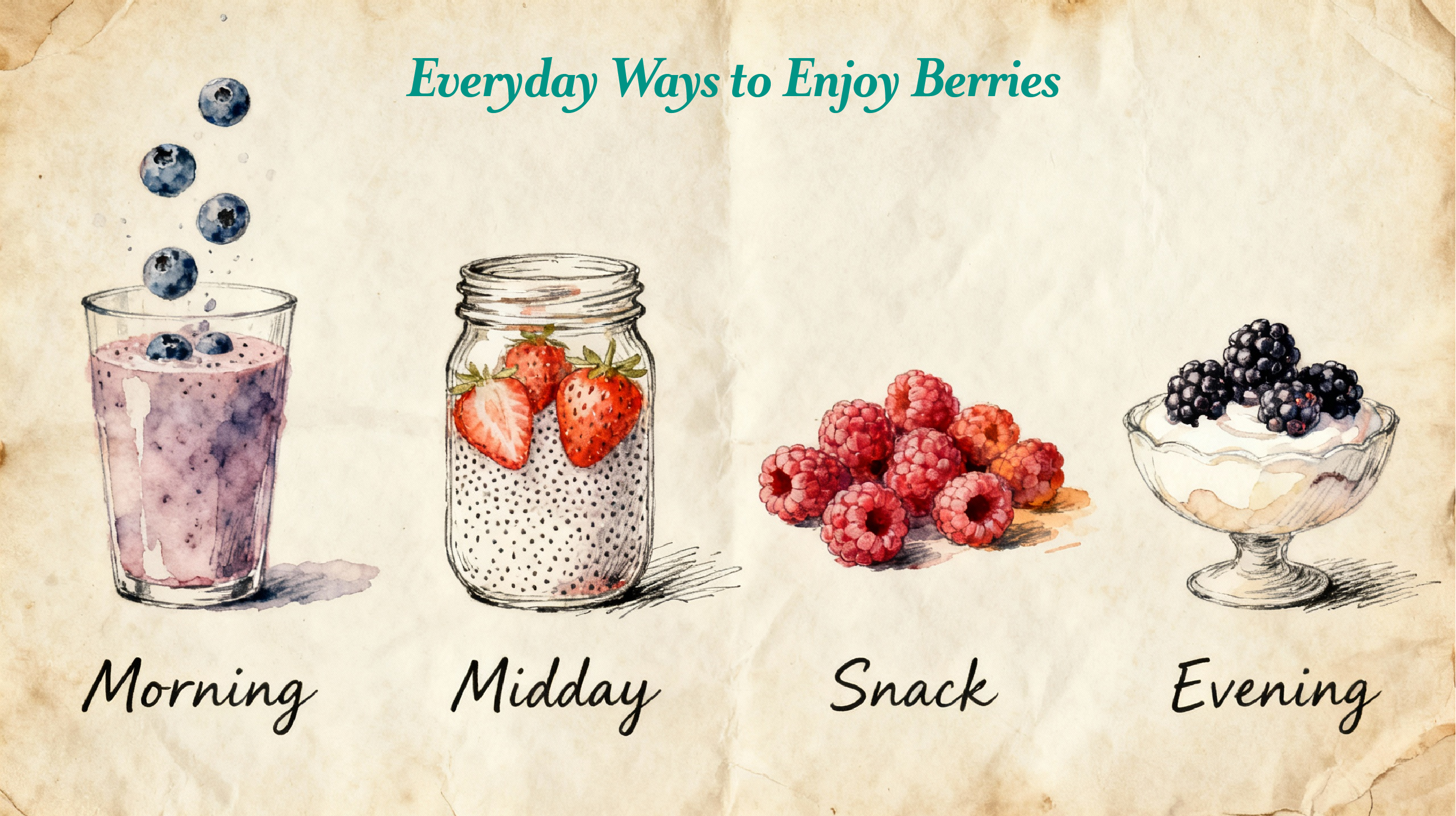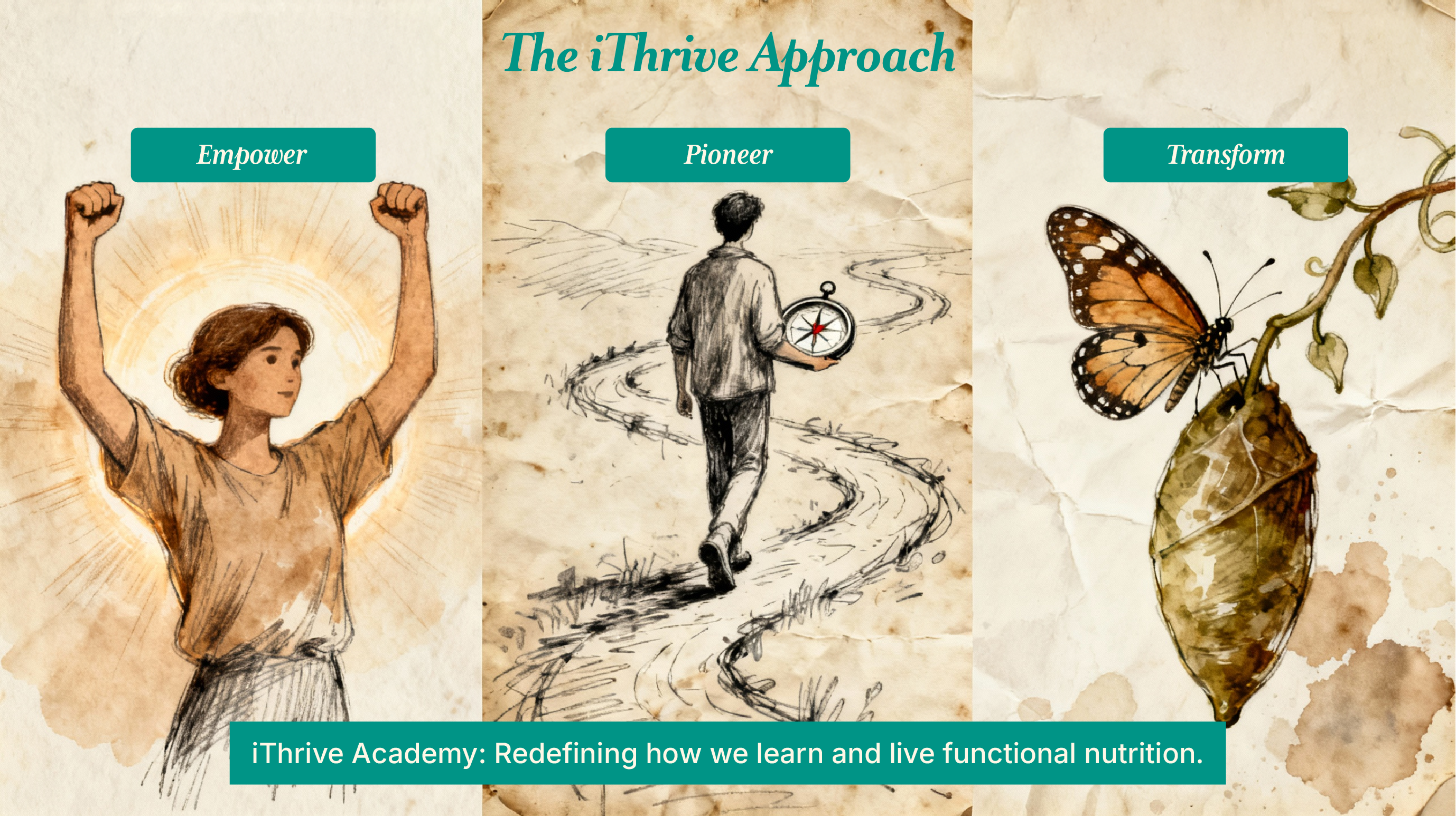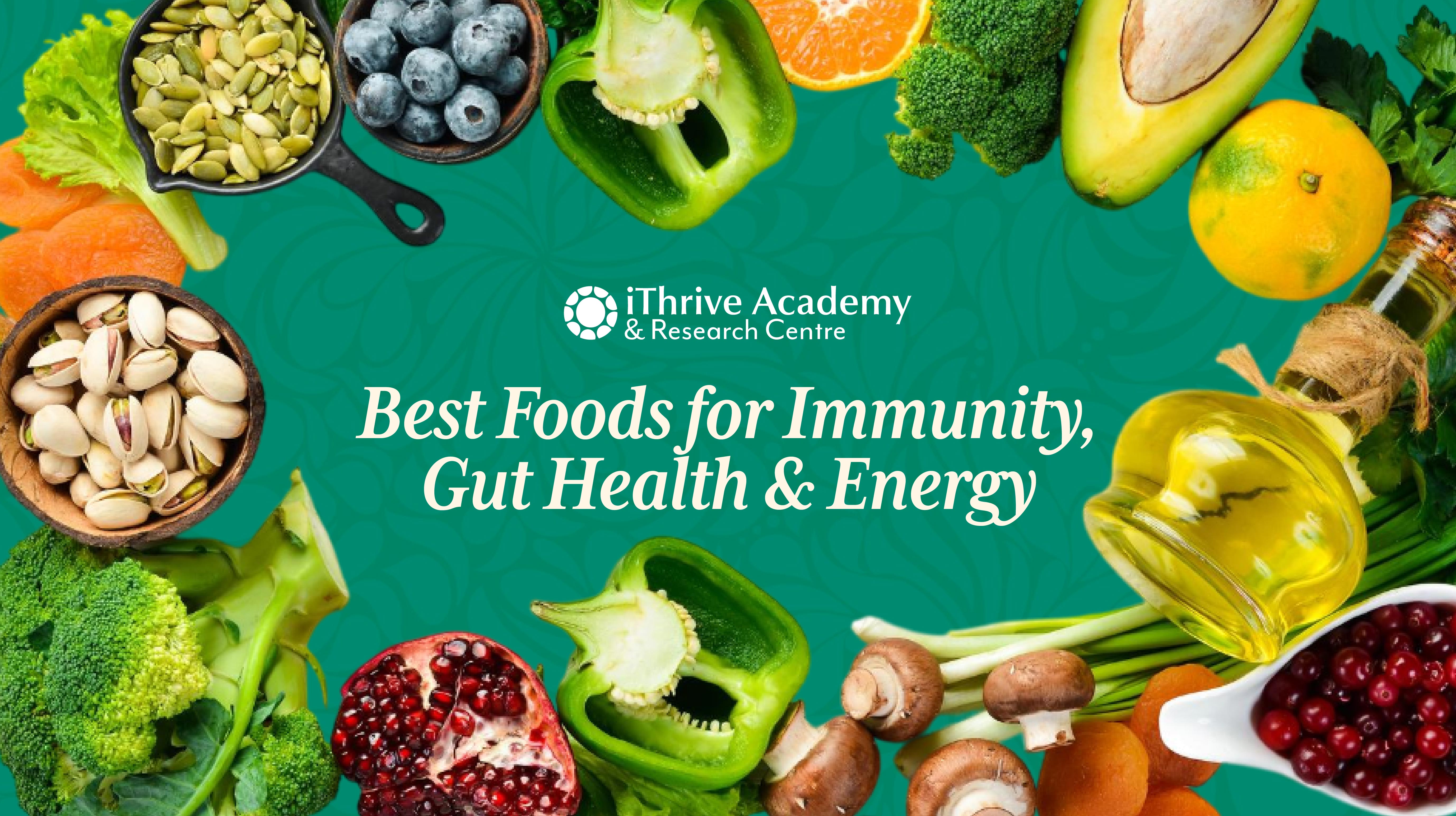Imagine walking into a health aisle..rows of berry extract capsules, antioxidant-rich powders, and juices on one side, and baskets of fresh, colorful berries on the other. Each option carries its own promise: convenience, concentrated nutrients, or the simple joy of eating fresh fruit. But the real question is “which one is better for you”?
Here’s the truth: nature designed berries as whole, complex packages filled with fiber, vitamins, minerals, and hundreds of bioactive compounds like polyphenol that work together. But modern science has also found value in berry extracts, specifically for individuals who may benefit from higher concentrations of antioxidants and flavonoids without the natural sugars and fructose of whole berries.
So instead of a one-size-fits-all answer, it really depends on the individual. For some, whole berries as functional foods provide a balanced, synergistic boost to overall health. For others, berry extracts can serve as a more targeted approach to meet specific needs.
In this blog, we’ll unpack both sides through the lens of functional nutrition, exploring the health benefits of berries, the unique power of their bioactive compounds, and how to choose between whole berries and berry extracts depending on your personal health goals.
What Makes a Food “Functional”?
The term functional food might sound like nutrition jargon, but the meaning is simple. These are foods that go beyond just providing calories and basic nutrients. They actively support health, restore balance, and can even prevent disease. Think turmeric with its anti-inflammatory properties, or green tea with catechins and antioxidants that protect your cells.
Berries are a shining example of this category. They’re not just sweet, colorful fruits, rather they’re tiny nutrient powerhouses, packed with fiber, vitamins like C and K, minerals like manganese, and bioactive compounds such as polyphenols. Together, these elements support immunity, reduce oxidative stress, nurture gut health, and lower the risk of chronic conditions like diabetes, heart disease, and even age-related cognitive decline. In short, berries are functional foods that heal and protect while they nourish.
Whole Berry Nutrition vs. Extracts
.webp)
Walk into any wellness store and you’ll see berry extract powders, juices, or capsules. These typically focus on anthocyanins, flavonoids, or resveratrol, compounds known for their antioxidant strength. Extracts are convenient and, for some people, even necessary. For example, individuals with higher oxidative stress or those avoiding fructose may genuinely benefit from these concentrated sources of antioxidants.
But here’s the difference: whole berries give you the full package. They don’t just provide antioxidants in isolation, but they come with fiber, vitamins, minerals, water content, and countless bioactive compounds that work in synergy. Fiber alone is a game-changer. It slows down sugar absorption, stabilizes blood sugar levels, and feeds beneficial gut bacteria, something no extract can replicate.
So rather than asking which is “better,” it’s more accurate to ask: what do you need right now? If you want a holistic, balanced nutritional boost, whole berries are unbeatable. If you’re dealing with targeted needs like high oxidative stress, extracts may serve a purpose. Functional nutrition isn’t about one-size-fits-all answers, but about choosing what supports your unique physiology.
Health Benefits of Berries as Functional Foods

Antioxidant Protection
Berries are among the most antioxidant-rich foods you can eat. Compounds like anthocyanins and ellagic acid neutralize free radicals, known as unstable molecules that drive aging, inflammation, and chronic diseases.1 This is why berries are linked with reduced risks of heart disease, certain cancers, and neurodegenerative conditions. Extracts capture some of this antioxidant power, but whole berries amplify the effect by combining these compounds with fiber, vitamins, and minerals.
Immunity and Inflammation Balance
Wondering how berries support immunity? It happens on multiple levels. Vitamin C boosts the function of white blood cells, polyphenols regulate inflammatory pathways, and prebiotic fibers nourish gut bacteria and since more than 70% of your immune system resides in the gut, this makes a huge difference.2 Extracts can provide concentrated polyphenols, but whole berries offer this immune support along with the gut benefits of fiber.3
Gut Health and Digestion
Your gut microbiome thrives on diversity and fiber. Whole berries provide prebiotic fibers that feed beneficial microbes, which in turn produce short-chain fatty acids that reduce inflammation and strengthen the gut lining. This helps prevent issues like leaky gut and chronic low-grade inflammation. Extracts, while rich in antioxidants, don’t offer this microbial support which is why whole berries remain the gold standard for digestive health.
Brain and Mood Support
Polyphenols in berries improve blood flow to the brain and protect neurons against oxidative stress. Regular consumption has been associated with sharper memory, improved mood regulation, and reduced risk of cognitive decline. Think of them as brain food that not only boosts clarity in the short term but also safeguards long-term cognitive function.
Heart and Metabolic Health
Consistent berry intake has been linked to improved insulin sensitivity, lower LDL cholesterol, and reduced blood pressure. This makes them powerful allies in protecting against type 2 diabetes and cardiovascular disease. Again, extracts contribute here by delivering antioxidants, but the synergy of whole berries with their fiber and complete nutrient matrix, which strengthens their impact on metabolic balance.
Everyday Ways to Enjoy Berries as Functional Foods

The best part? Berries are as versatile as they are nutritious. They don’t have to be “superfoods” that sit on a pedestal, they can be part of your everyday meals:
- Toss blueberries into a morning smoothie for steady energy.
- Pair strawberries with overnight soaked chia seeds for a fiber-rich snack.
- Mix raspberries into coconut yogurt for a probiotic + prebiotic combo.
- Keep unsweetened frozen blackberries on hand for a quick, antioxidant-rich dessert.
Whether fresh or frozen, whole berries are functional foods that seamlessly fit into daily life and extracts, when needed, can complement them for targeted benefits.
iThrive Academy’s Approach

At iThrive Academy, our philosophy rests on three pillars:
- Empower
We equip learners with the tools to take charge of their health and guide others. Understanding whole berry nutrition becomes part of empowering both personal and professional wellness journeys.
- Pioneer
We go beyond conventional teachings. While mainstream nutrition may focus on supplements or extracts, we emphasize the science of whole foods and their interconnected benefits.
- Transform
Through programs like the iCFN Course and short courses, students don’t just gain knowledge; they transform into practitioners who can lead healing through functional foods.
This approach is what makes our training different. You don’t just learn what foods like berries do, you learn why and how they create real transformation.
Conclusion
When it comes to choosing between whole berries and berry extracts, the answer isn’t about declaring one as “good” and the other as “bad.” It’s about understanding your body’s unique needs. Whole berries deliver nature’s complete package such as fiber, vitamins, minerals, and a symphony of bioactive compounds working in harmony. They nourish your gut, strengthen immunity, protect the heart, and sharpen the mind, all while being a delicious part of everyday meals. On the other hand, berry extracts can be a useful tool for individuals who need concentrated doses of antioxidants without the natural sugars of the fruit.
The real takeaway? Functional nutrition is not one-size-fits-all. Sometimes your body thrives on the wholeness of the fruit, and at other times, extracts may serve a specific role. By tuning into your health goals and lifestyle, you can make an informed choice that supports balance, vitality, and long-term well-being.
At iThrive Academy, we believe this kind of awareness is the starting point, but applying it through education is where the true transformation begins. Whether through our short courses on the basics of nutrition science, or the in-depth iCFN program, we give learners the tools to unlearn outdated approaches, relearn functional medicine, and empower change at scale.
At the end of the day, whether it’s a handful of fresh blueberries or a carefully chosen extract, berries remind us of food’s true power: to heal, energize, and transform when used wisely.
References
https://pmc.ncbi.nlm.nih.gov/articles/PMC4632771/
https://pmc.ncbi.nlm.nih.gov/articles/PMC5707683/
https://pubmed.ncbi.nlm.nih.gov/32983031/










.jpg)











